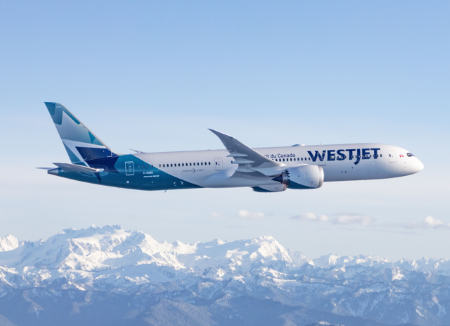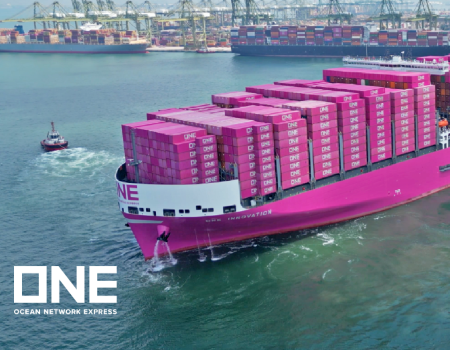An increasing number of SMEs are becoming frustrated by the government’s export led policy and the weakening of the pound, writes Alex Sullivan.
First of all, a recap. As we are only too aware the government is still taking the austerity route, leaving it to the Bank of England (BoE) to come up with a recovery plan for growth. Since 2009, their policy has been to weaken the pound with the goal of bringing about an export led recovery in the UK. To that end, for over four years now, interest rates have been held at 0.5%, and quantitative easing has ensured a £375bn increase in the money supply.
The cheaper sterling theoretically makes British exports a more attractive proposition. From here increased export sales should follow, helping to kick start growth in the UK economy. However, the problem is that many of the other central banks in the developed world have followed suit, also cheapening their currencies to make their exports more competitive. These are the so called ‘currency wars’, that we’ve heard so much about. And thousands of SMEs in the UK are going into battle every day because, as the pound weakens, import costs rise, and as net importers the majority of SMEs are being hit hard.
As a currency service provider, we speak to thousands of businesses here in the UK and the overwhelming sense I’ve been getting when speaking to FDs, MDs and CEOs at these companies is that they’re not happy with this export focussed strategy. SMEs have often been referred to as the lifeblood of the British economy, but as far as I can tell as net importers, these businesses have largely been ignored by the government as it tries to export the economy back to health.
And what is disappointing is that the plan doesn’t seem to be working. Despite sterling being cheaper by a fifth compared to five years ago, exports have increased only marginally, as companies take advantage of a cheaper pound to boost profit margins, rather than reinvesting.
So, will it change any time soon? With Mark Carney having just got his feet under his new desk on Threadneedle Street, it will be interesting to see whether this loose monetary policy will continue. It remains to be seen whether SMEs will see more pressure piled on to them via rising import costs in the next few months, and questions will be asked about how far the pound could fall. If it falls much further, domestic inflation could get worse, and as incomes fall in real terms, growth will continue to shrink. There is some talk that, for the first time in five years, the pound could soon be on a par with the euro.
For Mr Carney and the BoE, they must decide whether to keep their nerve, steadfast in their belief that measures to purposely weaken the pound will eventually have the desired effect on the UK economy. Or they can swallow their pride, change tack, and abandon this path completely. If they choose the former, and remain embroiled in a currency war, perhaps they will find other ways of channelling money towards SMEs, not least ensuring that small enterprises can borrow more.
However, there is also a question mark over whether SMEs are doing everything in their power to protect themselves from the fallout of the currency wars. Fewer than a fifth of businesses have contracts defending them from the unpredictability of the markets beyond the next month, and just one in ten have taken action that safeguards them beyond the next six months.
So if you’re one of the businesses that haven’t taken measures to manage your import costs, now is the time. There are many products out there, so fish around for the one that suit you the best. There are products that lets you benefit should the pound begin to strengthen but protect you should the BoE continue their tactics of weakening the pound. Similarly, if you are an export business, you should still use similar products to protect yourself. The currency markets are highly unpredictable and even the most experienced analyst can’t say for sure what will happen to the exchange rates.
Alex Sullivan is Managing Director of World First Foreign Exchange. Give World First a call on 020 7326 9120 to find out what products there are that can help you manage your import and export costs.







